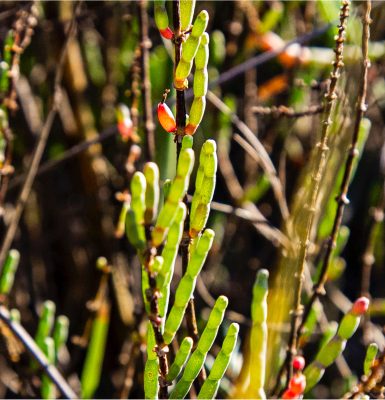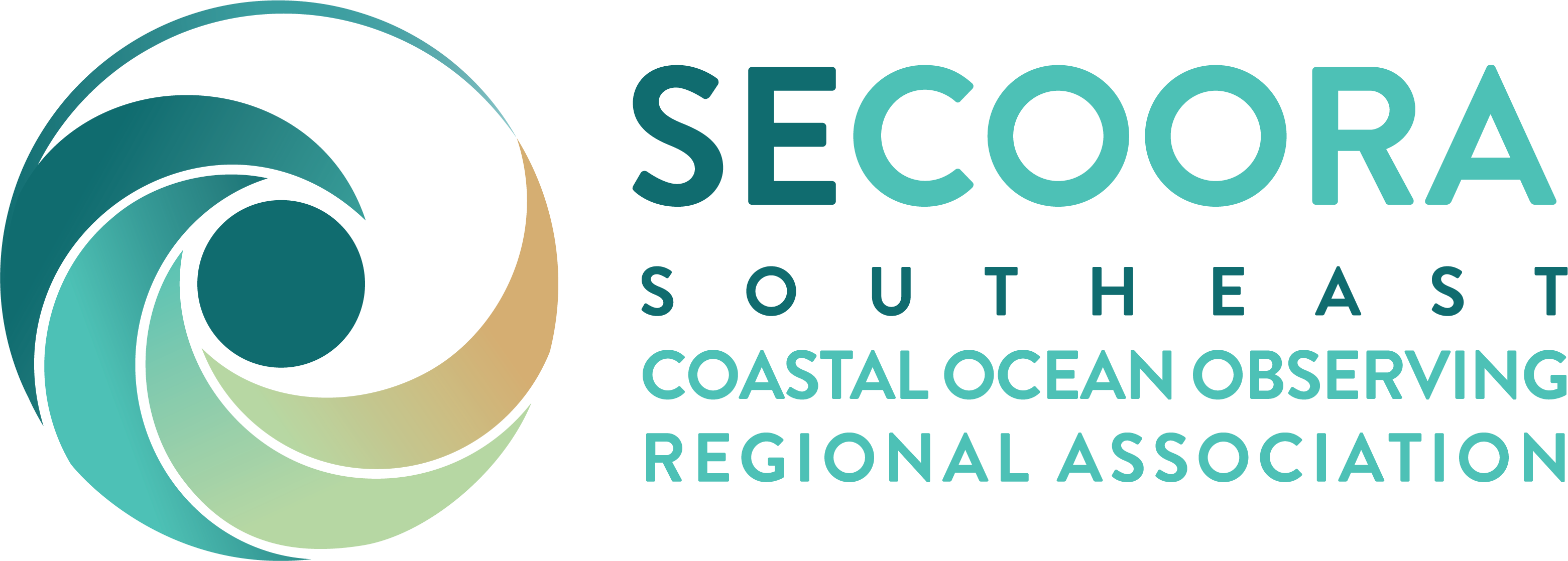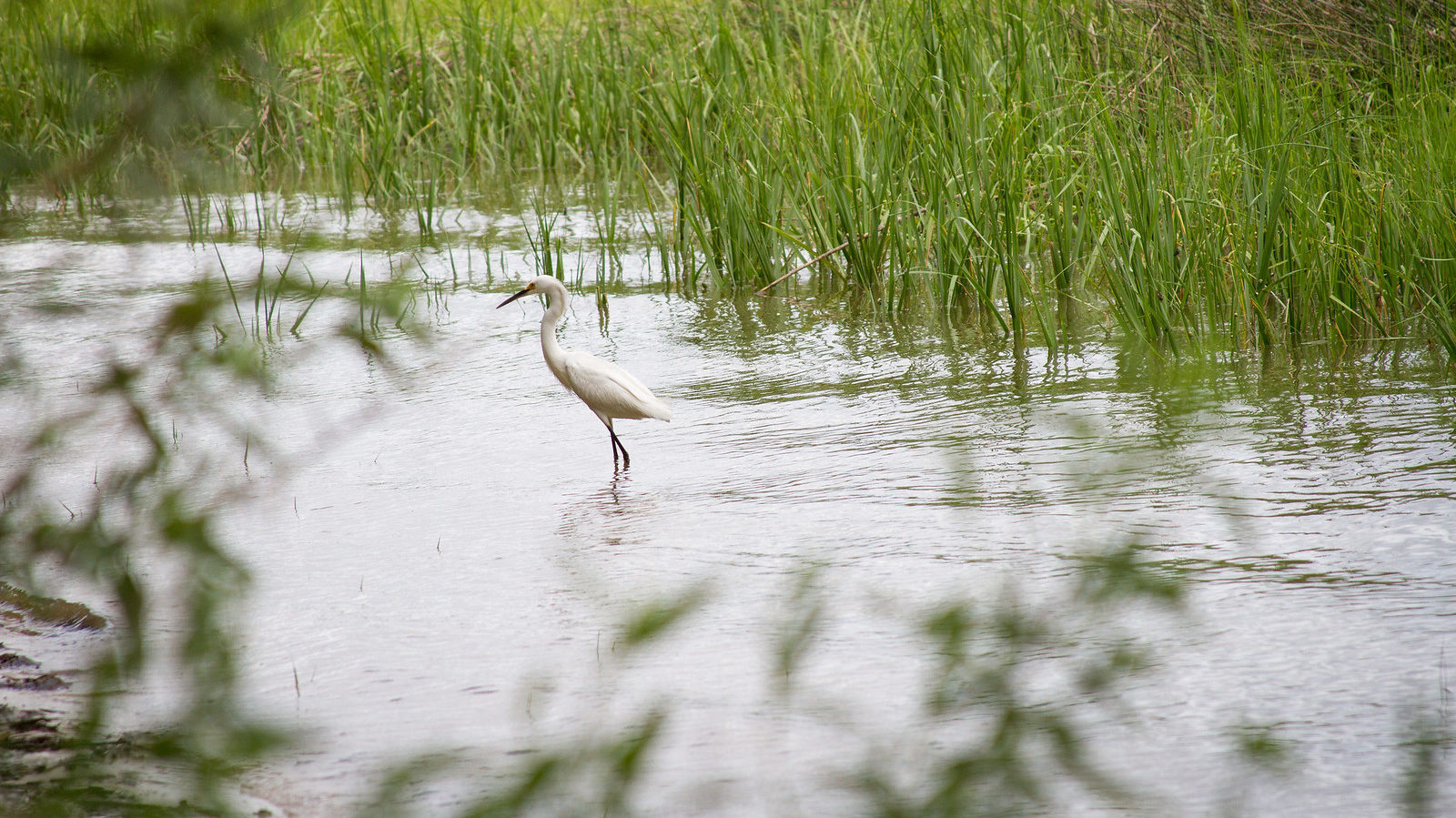
Reserve Meta Quest Headsets
Web-Based Field Trip Access
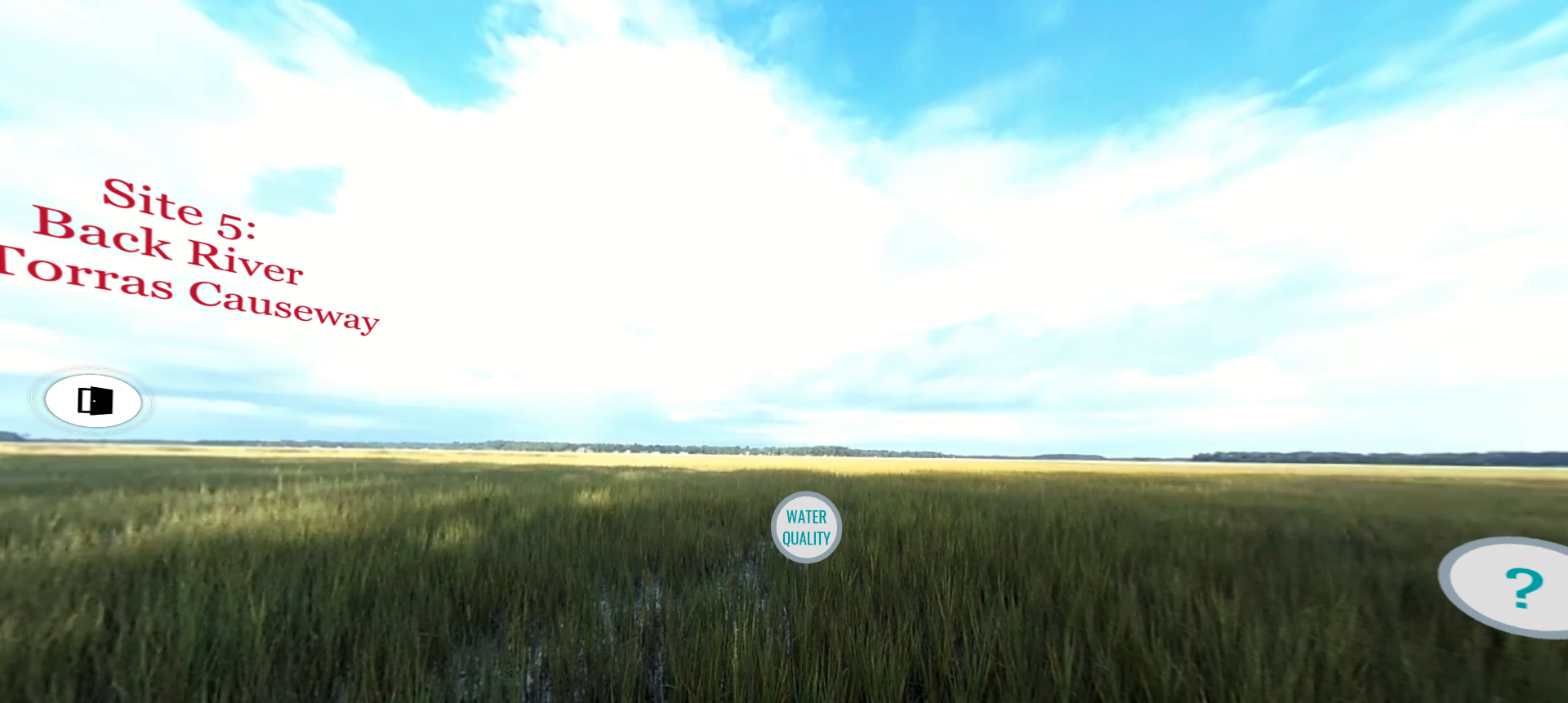
Getting Started and Pre-Curriculum Video
To get familiar with each lesson, it is recommended to review the curriculum at a glance guide here. Students should also watch this 3-minute video before starting any of the lessons. Teachers can our introductory guide to prepare students to learn more about Georgia’s coastal wetlands.
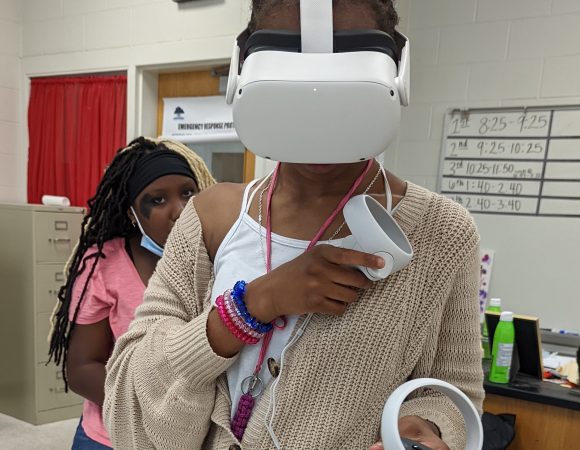
Coastal Schools
“We [my classroom] have been able to dive into our “back-yard” and make the connection using cutting edge technology, an immediate win for both the students and teachers involved. I look forward to harnessing this curriculum for years to come!” — Alexia Branch, Georgia Educator, Glynn County
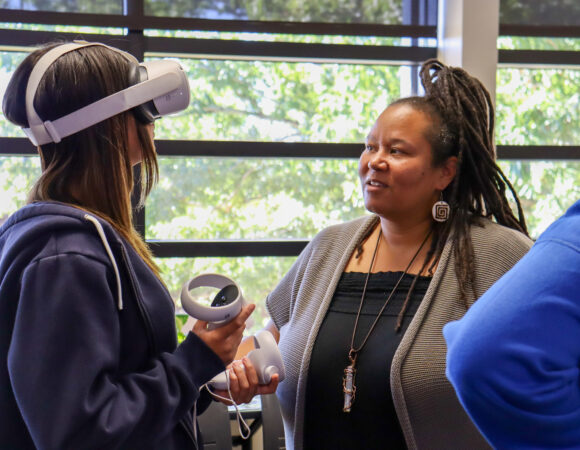
Inland Schools
“Students were submerged and engaged in their exploration. It was nice to see them taking on various roles including data collection, collaboration and supporting each other by telling each other what to expect.” — Dr. Christina Hylton, Georgia educator, Athens-Clarke County
Lessons
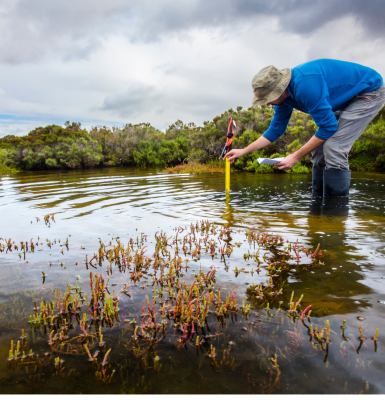
Understanding Data Collection and Coastal Monitoring
Virtual Wetland Exploration
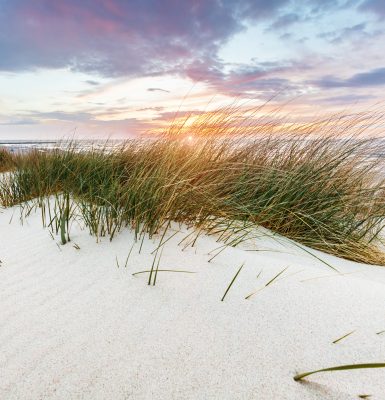
Spartina Beach Activity
All of the resources to carry out this lesson are available below. Alternatively, teachers can contact either Nina Sassano (nina.sassano@uga.edu) in the Chatham County area or Katy Smith (klaustin@uga.edu) in the Glynn County area for laminated, color versions of these resources to use in your classroom.
Supplemental Resources, Standards, and Acknowledgments
Meet the Curriculum Authors
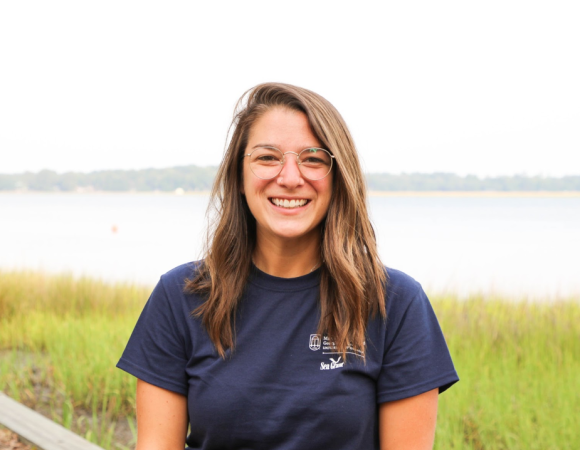
Nina Sassano
Educator and Intern Coordinator, University of Georgia Marine Extension and Georgia Sea Grant
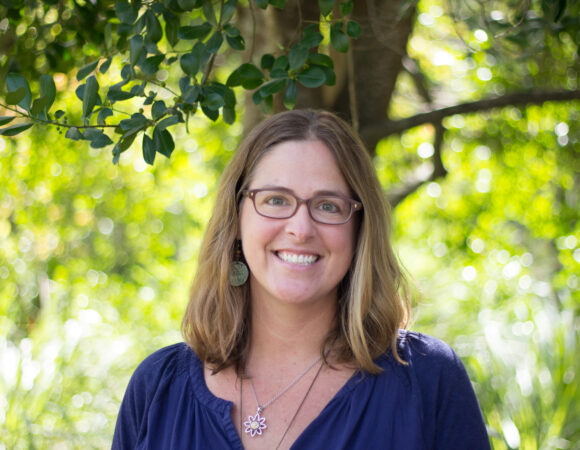
Katy Smith
Water Resources Specialist, University of Georgia Marine Extension and Georgia Sea Grant
